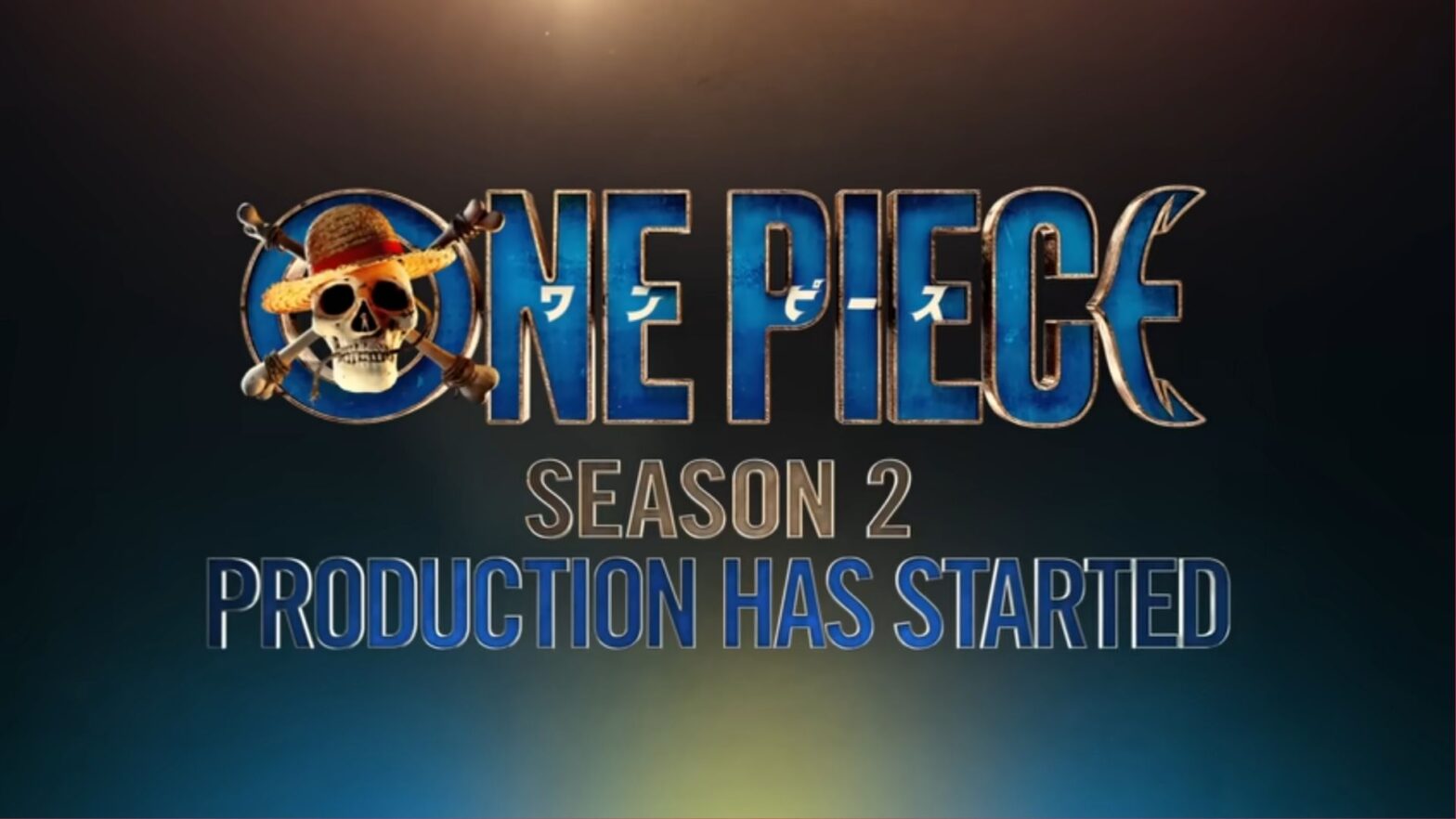
In a year filled with bold cinematic experiments, Eddington (2025) stands out as one of the most daring — and divisive — films to hit theaters. Directed by Ari Aster, known for Hereditary and Midsommar, this neo-Western dramedy abandons horror in favor of social chaos, set during one of the most politically charged moments in recent history: May 2020.
Set in the fictional town of Eddington, New Mexico, the film follows Sheriff Joe Cross (Joaquin Phoenix), a conservative figurehead trying to hold onto authority during a time of mask mandates, civil unrest, and widespread misinformation. On the other side stands Mayor Ted Garcia (Pedro Pascal), a liberal technocrat with his own control issues. The town, already teetering, descends into madness as the pandemic, protests, and media noise converge.
Ari Aster uses Eddington as a microcosm of America — and perhaps the world — during 2020. Every scene crackles with tension as ideological lines blur, neighbors turn on each other, and even the simplest truth becomes contested. The plot is fragmented, with multiple intersecting storylines involving side characters played by Emma Stone, Austin Butler, and others — each one illustrating a different facet of the social unraveling.
Eddington is a chaotic, exhausting, and utterly fascinating film. It's not easy to watch — nor does it try to be. Rather than offer a clean narrative, Aster presents a visceral experience: the feeling of being trapped in a storm of contradictory information, outrage, and helplessness. It’s part black comedy, part modern Western, and part psychological satire.
Joaquin Phoenix delivers a subtly unhinged performance, portraying Sheriff Joe as both deeply human and dangerously stubborn. Pedro Pascal brings nuance to Garcia, who wields logic like a weapon — but at times forgets his own humanity. The supporting cast adds color and unpredictability, especially Emma Stone’s enigmatic Louise Cross and Austin Butler’s strange preacher-turned-prophet figure.
Visually, the film is muted and dusty, capturing the isolation of a desert town swallowed by confusion. The score is dissonant and jarring, emphasizing emotional breakdowns more than traditional plot turns. Some audiences will be frustrated by the film’s refusal to take sides — but that’s Aster’s point. In Eddington, no one is innocent, and no truth survives untouched.

Given the film’s unresolved ending — in which violence erupts and key characters vanish into the chaos — a sequel feels not only possible, but inevitable. In a follow-up titled Eddington: The Fall, the town could be revisited two years later, ravaged by its own legacy.
Perhaps Joe Cross has become a fugitive outlaw, living off the grid, while the new regime enforces surveillance and media compliance. A journalist, or a survivor of the first film’s destruction, might return to investigate what really happened during those final nights. Flashbacks could reveal hidden truths, forcing the audience to reevaluate everything from the first film.
Such a sequel could further explore the digital noise, tribal politics, and institutional rot that define the post-pandemic era — turning Eddington into a franchise not about action, but about ideological entropy.
Eddington is a film you don’t watch to enjoy — you watch to confront. It’s a psychological X-ray of a world on fire, filtered through the cracked lens of one of today’s boldest filmmakers. It may divide viewers, but it dares to say what many are afraid to: that sometimes, the scariest horror isn’t supernatural — it’s social collapse, seen up close.



